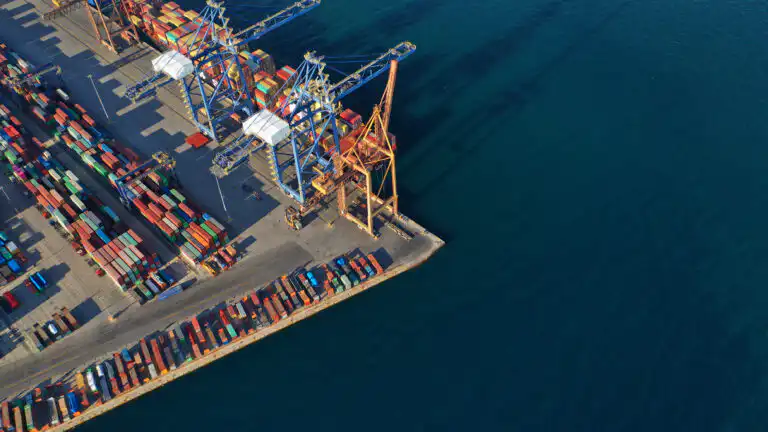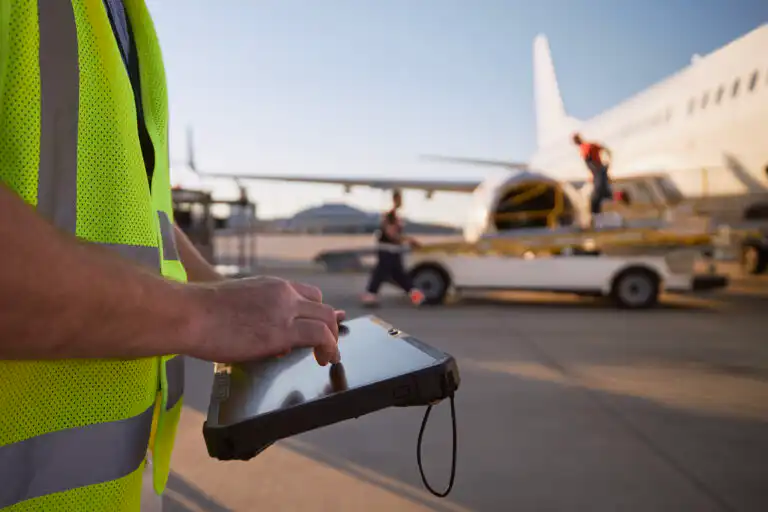blog
PayCargo insights
Stay informed with the latest product updates, industry perspectives, and emerging trends shaping logistics and supply chains worldwide.
January 7, 2026
Why the next phase of global logistics depends on connected workflows that link data, payments, and operations...
January 6, 2026
Common card fraud scenarios in logistics and practical steps vendors can take to reduce risk while accepting...
January 5, 2026
How payment timing directly impacts air cargo release and why real-time, integrated payment workflows...


